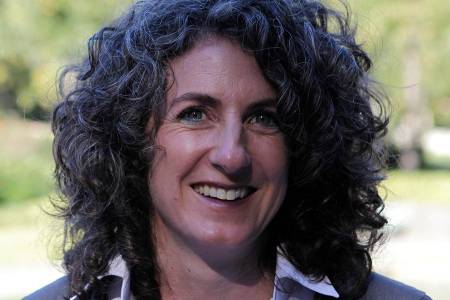Your next appointment is beckoning, you’re hurrying to get there, and that really tough Skype meeting you just had is still on your mind. On the way to the meeting you remember that you promised a colleague some documents that you absolutely need to deliver afterwards, and you quickly skim through an e-mail. The meeting begins. An important decision is looming.
For Gabriela von Arx, who teaches mindfulness techniques, this is a typical situation in which it can really help to just pause for a moment, reflect on how you are feeling at that precise moment and be present physically and mentally. “If, for example, I am distracted or stressed, the decisions I make don’t help the situation at hand very much,” she explains, “so I first need to be aware of the fact that I am distracted and stressed. Only then can I manage the situation and make a decision on how to tackle it.”


